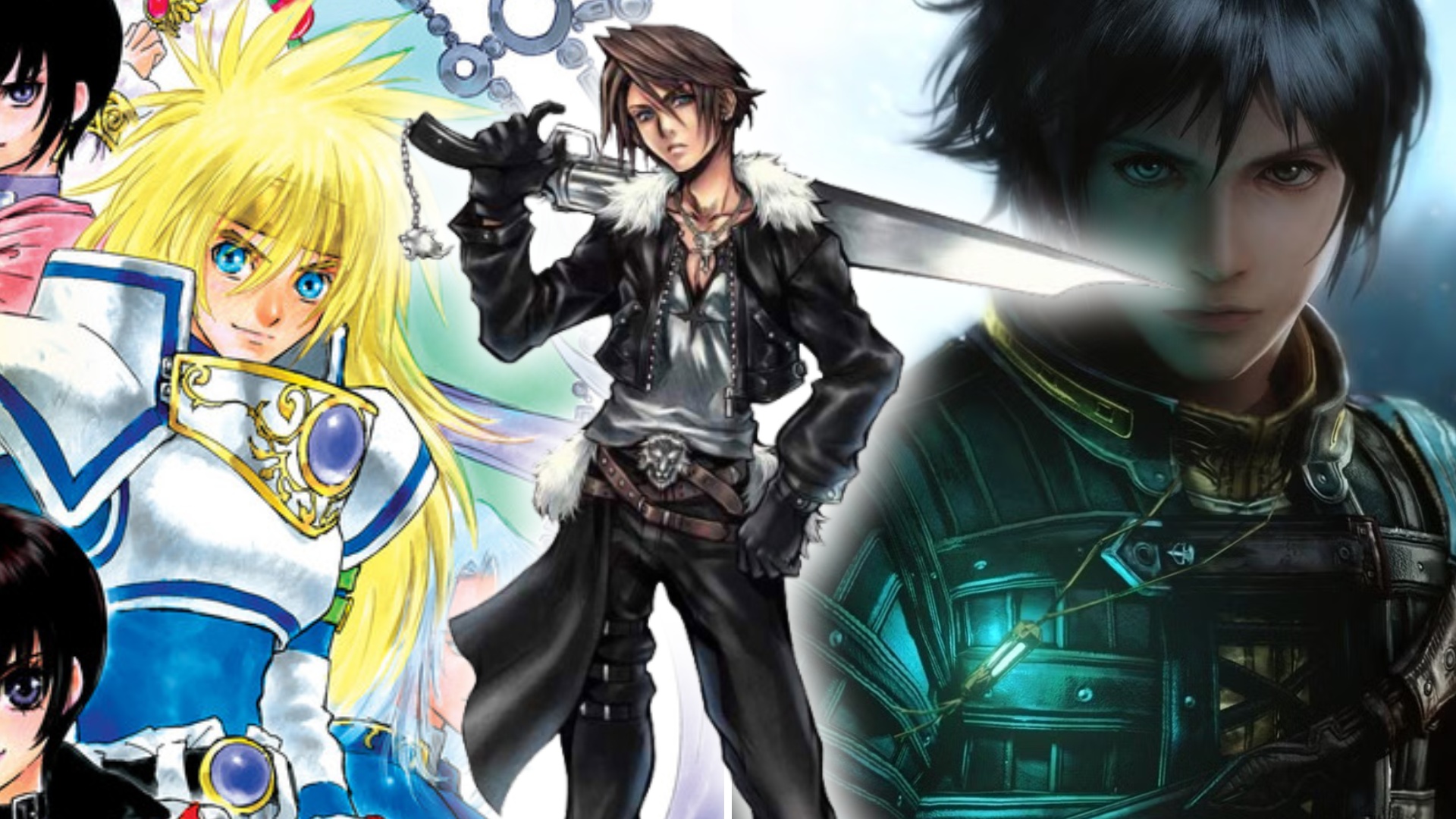
Longtime fans of Japanese role-playing games had to get used to a common feature in older titles: repetitive gameplay, often called “grinding,” where you repeatedly battle enemies to level up.
These days, games are designed with features like adjustable difficulty and helpful options, meaning players rarely need to repeat tasks to progress. Grinding – repetitive gameplay – is usually only for those seeking extra challenges after finishing the main game, like optional bosses or extra content.
In older role-playing games, you often had to spend a lot of time battling weaker enemies to progress in the story. However, some games actually penalized players for doing that too much.
Some older Japanese role-playing games actively stopped you from making your characters too powerful for the current stage of the story, using penalties, roadblocks, or other challenges to limit their growth.
12. Valkyrie Profile
Botching True Ending Requirements
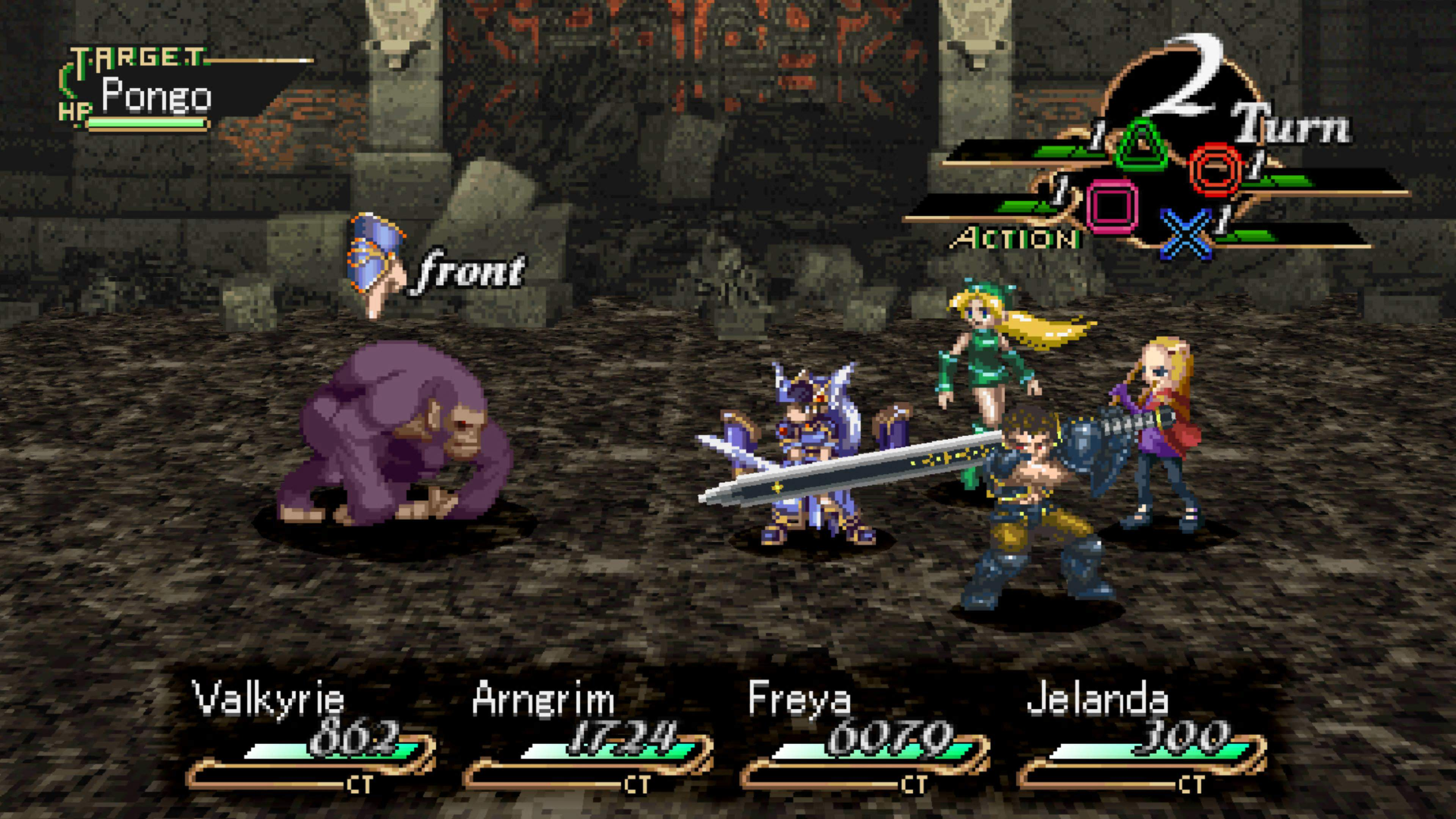
Sometimes, games subtly punish players for spending too much time exploring or leveling up – and Valkyrie Profile is a prime example. It’s well-known for having incredibly hidden requirements that you need to fulfill to unlock the true ending.
In Valkyrie Profile, the game is broken up into chapters, and each chapter gives you a limited time to explore dungeons, interact with characters, and add them to your team. This means you can’t endlessly repeat areas to get stronger, as progressing the story and unlocking different endings depends on how you manage your time within each chapter.
Players aiming for the best ending need to think through their choices carefully, especially when building their team. It’s easy for new players to get stuck doing repetitive tasks, which can waste time and prevent them from seeing important parts of the game. This often leads to a bad ending, and they might not even realize why it happened.
Let’s be honest, getting the real ending in Valkyrie Profile is incredibly difficult without help. If you’re aiming for that, I suggest looking up a guide on GameFAQs before you start gathering your Einherjar.
11. Pokémon
No Shortcut To Stardom
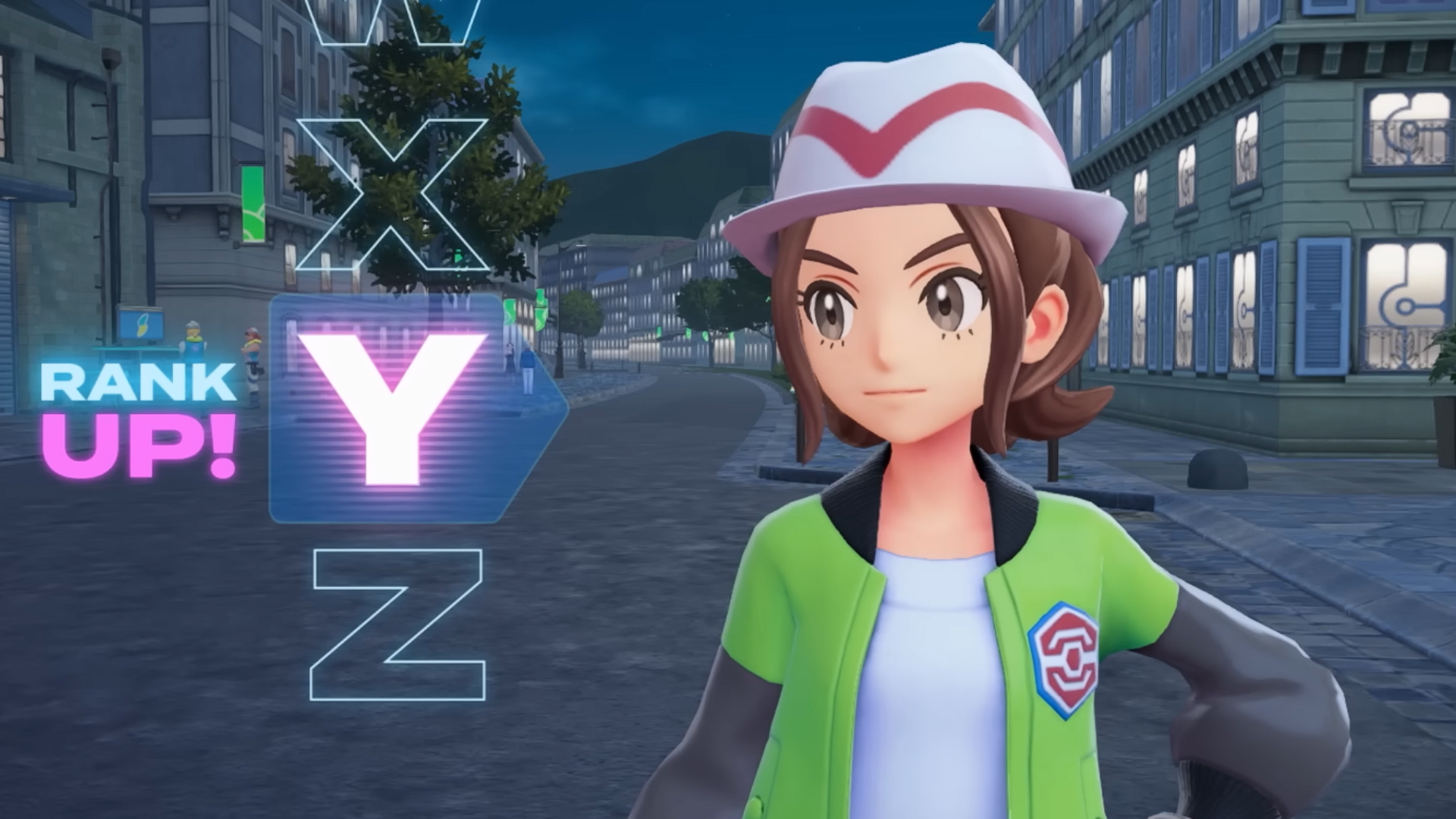
When it comes to Pokémon, I’m defining ‘grinding’ a bit differently. It’s not bad to level up your Pokémon quickly, but the problem arises when you try to skip the necessary effort by getting a powerful Pokémon without actually putting in the work to train it.
In older Pokémon games, if someone traded you a powerful Pokémon early on, it probably wouldn’t listen to your commands in battle. To fix this, you had to earn gym badges. The stronger the Pokémon, the more badges – usually from later in the game – you’d need to get it to obey.
The trading system in newer Pokémon games like Scarlet and Violet and Pokémon Legends Z-A is largely the same as before, but a new feature prevents players from easily getting powerful Pokémon. In Z-A, Pokémon become more obedient as you progress through Ranks, with each Rank increasing their obedience level by 5.
In Rank Z, Pokémon caught at level 21 or higher won’t listen to you right away. You’ll need to improve your Rank to establish yourself as the trainer and gain their obedience – this applies to any Pokémon caught at a higher level. Basically, the game discourages you from skipping the usual leveling-up process.
10. Shadow Hearts
Avoid Being Too Malicious
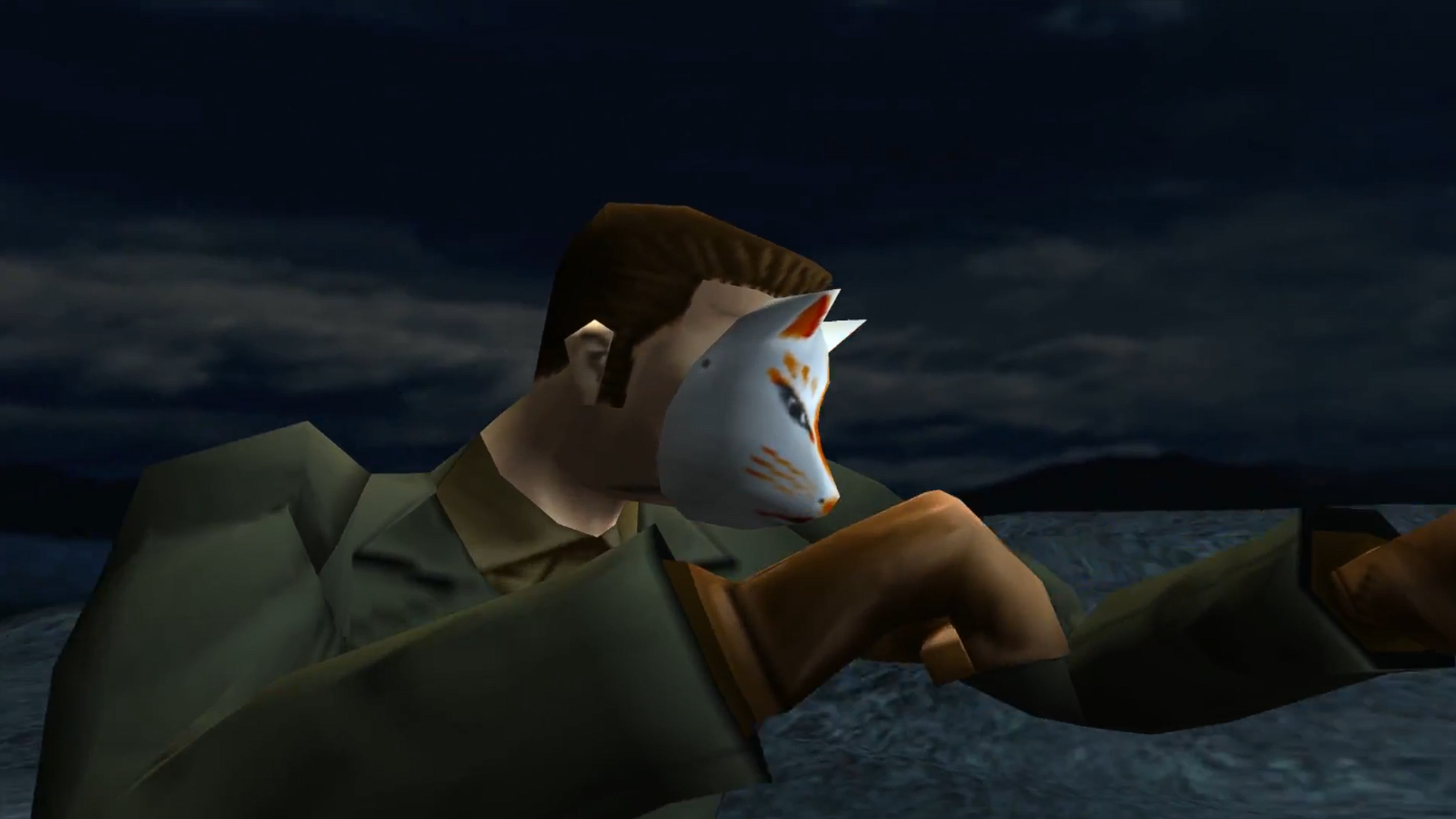
In Shadow Hearts, the game has a unique system called Malice that acts as a form of challenge. Malice is created from the negative energy of defeated enemies and collects in the form of four colored masks.
As you fight in Shadow Hearts, a meter called the Malice gauge will fill up. Once it’s full – shown by a red mask – a powerful enemy called Fox Face might appear, and he’ll target Yuri alone. While you can defeat Fox Face, it’s a tough battle best saved for later in the game. Repeatedly fighting to level up early on might actually be more trouble than it’s worth.
You can reset Malice if it’s getting too high. Go to the Graveyard and win a battle to purify it, which will reset the gauge. If you don’t, you have a high chance of encountering Fox Face in every random battle, and that could lead to a Game Over.
9. Persona 3
The Reaper Is Coming
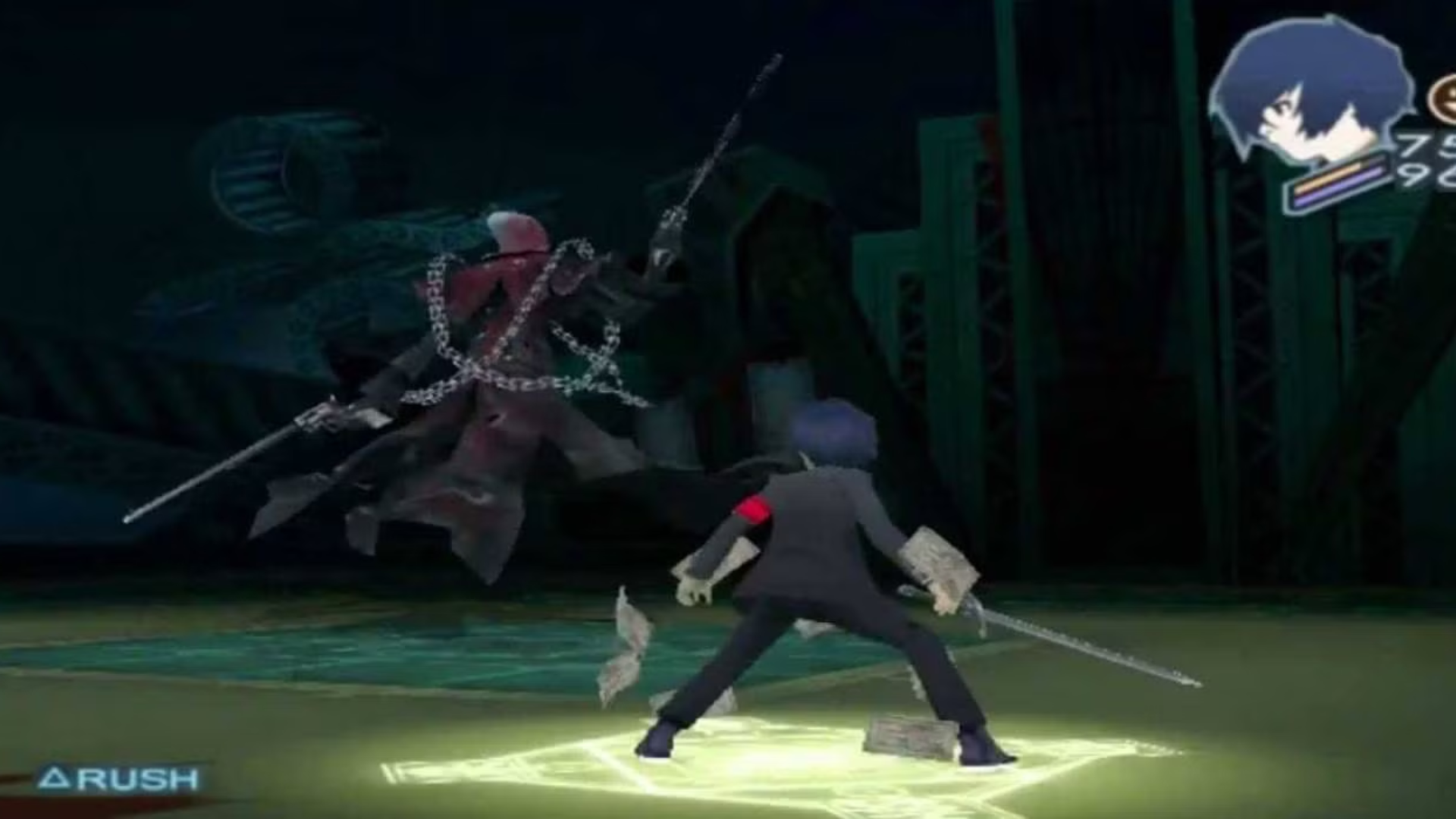
Both Persona 3 and Persona 5 have a similar feature: they discourage players from taking too long while exploring the game’s dungeons, Tartarus and Mementos. It’s not about how much you grind for experience, but about how much time you spend wandering around. If you linger on a floor for too long, you’ll hear chains rattling, and a powerful enemy called the Reaper will appear.
This enemy is incredibly powerful, possibly even stronger than the last bosses you’ll face. It often shows up when you least expect it, making it a serious danger. When playing these Persona games, the best way to explore and level up is to consistently move between floors, always progressing deeper.
Persona 3 Reload still includes the Reaper enemy, but it’s designed to be less punishing. He doesn’t show up until after players reach floor 63, giving them time to learn the game and become better at escaping battles.
8. Parasite Eve 2
Leading Enemies To Extinction
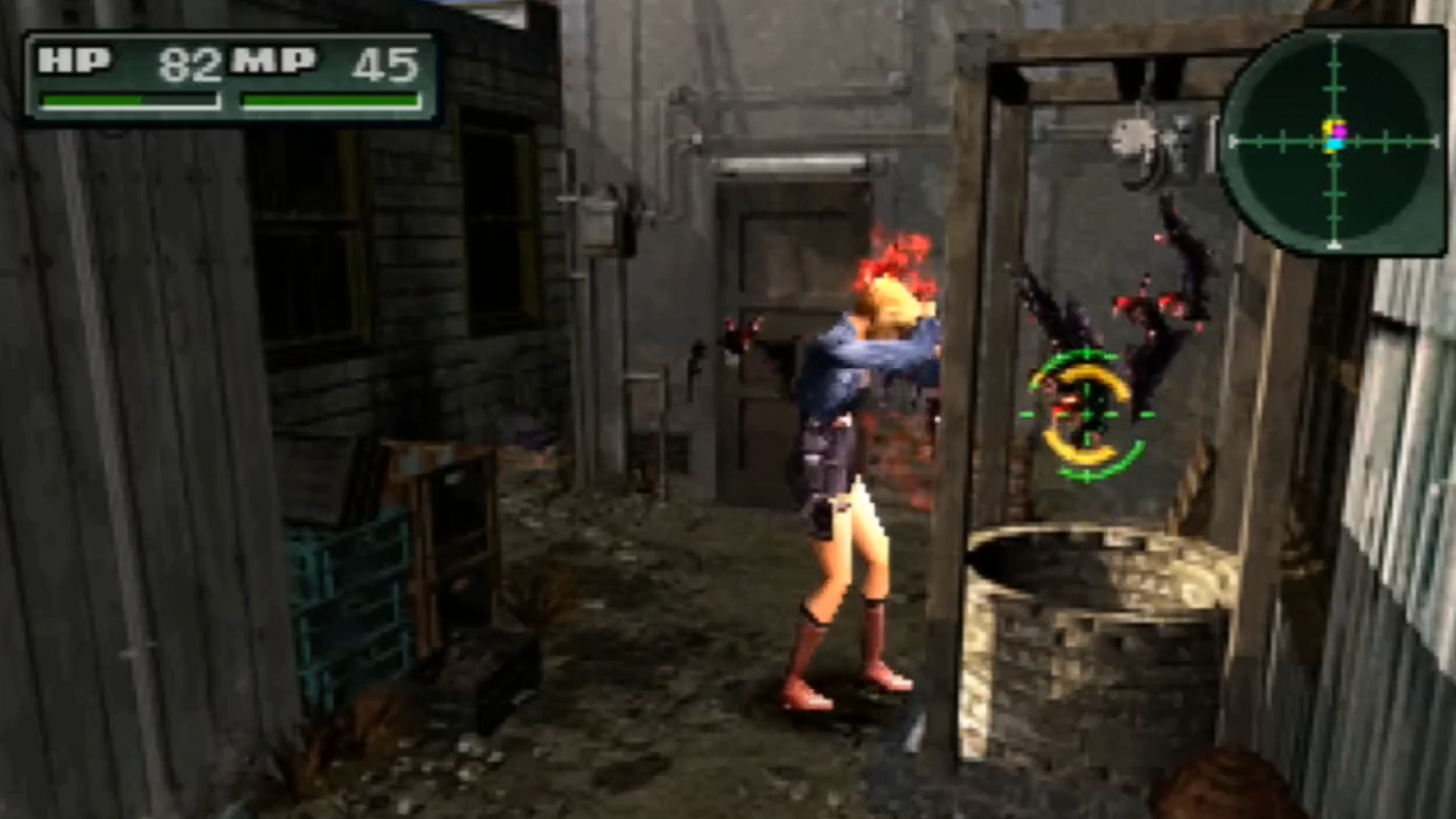
Some games make it harder to get stronger by completely eliminating enemies. The Parasite Eve series does this: when you move to a new area, the enemies there are set. Once you defeat all of them, you’ll find far fewer enemies appearing in that area.
In the first Parasite Eve game, enemies appear less often as you play. However, in Parasite Eve 2, enemies completely disappear. New enemies only show up as you continue exploring an area. This can be frustrating because if you’re having trouble, you’ll need to make the most of your current resources, as you won’t be able to gain more power by fighting new foes.
If you spent your skill points on abilities you don’t enjoy, you’ll have to work with those choices. It seems the real penalty isn’t necessarily for playing a lot, but for making poor decisions as you improve your character. Ultimately, players will face the consequences, so plan carefully before defeating all the enemies.
7. Final Fantasy VIII
No Point In Leveling Up
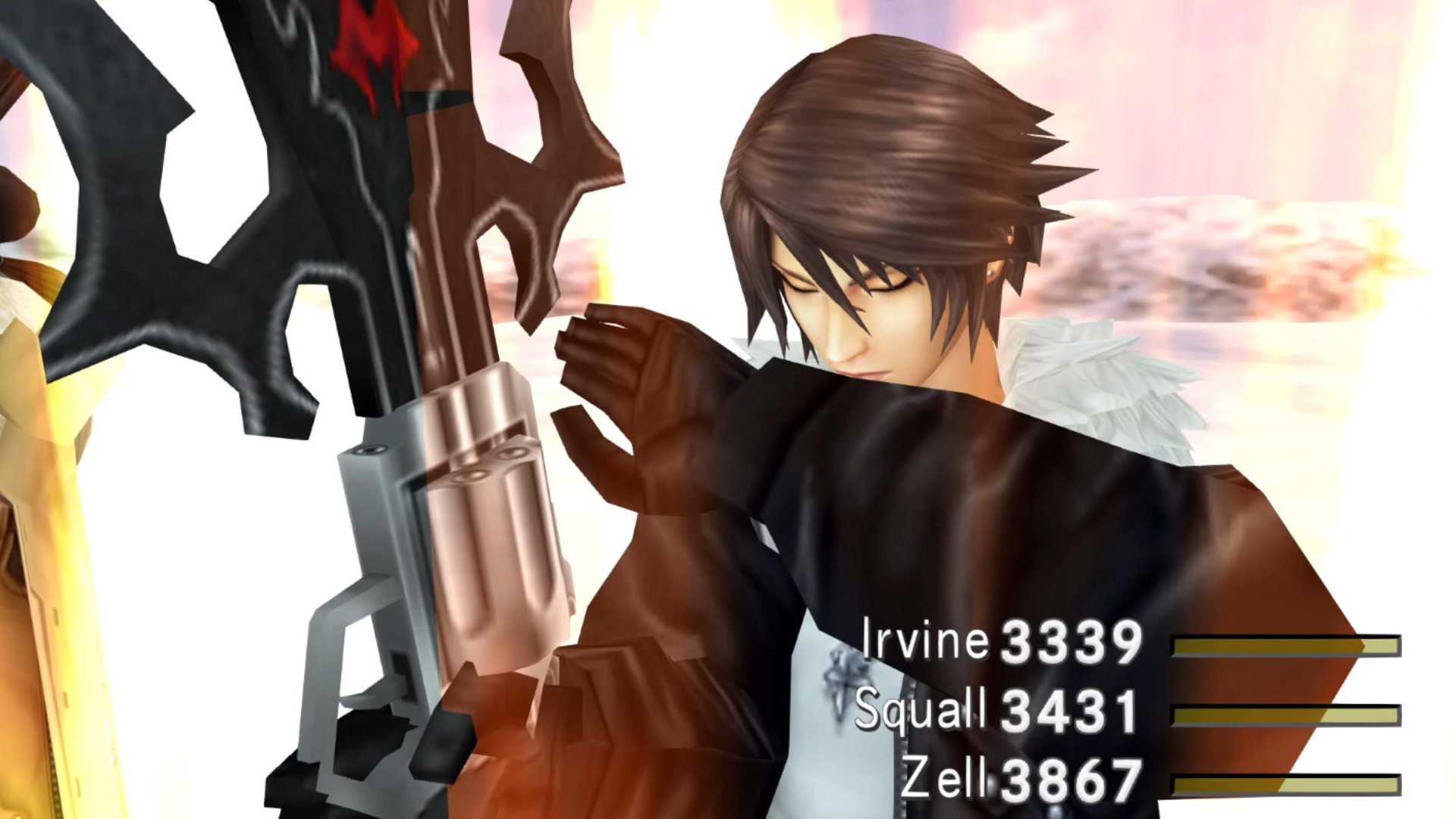
I find it incredibly frustrating when a game’s enemies get stronger as your character does. It takes away the point of leveling up and makes combat feel pointless. Developers often do this to maintain a consistent challenge, which makes sense, but when it’s done poorly, it just leads to a bizarre and annoying experience.
The game Final Fantasy VIII is well-known, and surprisingly, it can actually become easier if you don’t level up much. This is true for players who become skilled at the game’s ‘Junction’ system. I won’t explain how Junction works in detail, but it’s this system – not simply gaining levels – that makes your characters powerful.
If a new player approaches Final Fantasy VIII like other RPGs and simply battles enemies without strategically learning and equipping spells, the game will become increasingly difficult. However, it’s still possible to overcome this challenge, as tougher enemies also offer more powerful spells to learn, which ultimately makes your characters stronger.
While simplifying the game might seem helpful, focusing on repetitive tasks actually makes Final Fantasy VIII more difficult, classifying it as a game that doesn’t reward grinding. I really enjoy Final Fantasy VIII, and I get why people find its mechanics confusing and hard to understand. But once you figure out how Card Mod works, the game becomes much easier to play.
6. Romancing SaGa: Minstrel Song
More Quests, Less Battles
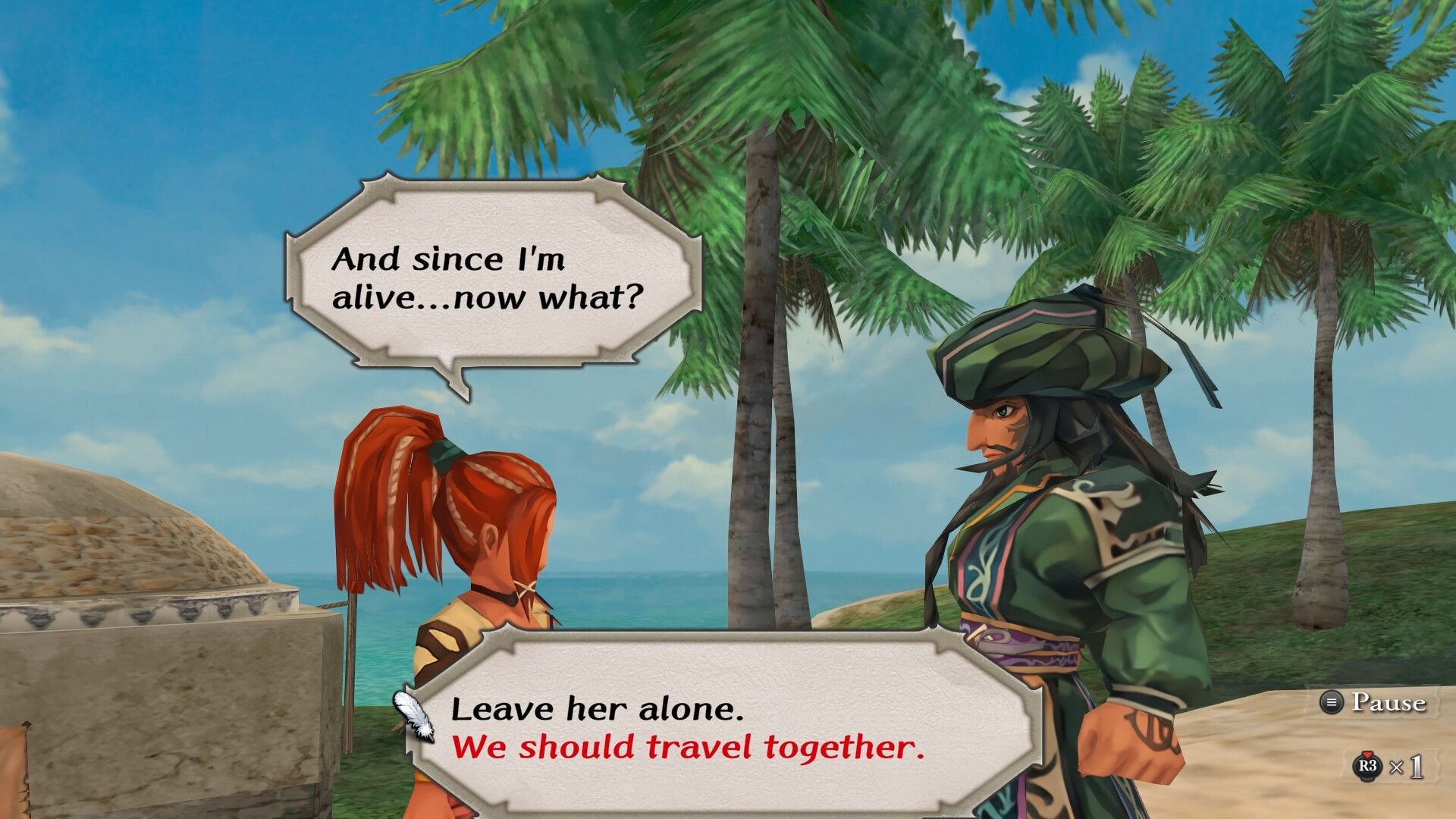
Experienced players of the SaGa series often say the games don’t penalize you for leveling up, but that advice really applies to those who already understand the systems. They know how to manage character progression and prevent ranks from increasing too quickly. However, if you’re new to games like Romancing SaGa: Minstrel Song, it can become frustrating if you’re not careful.
The game features a timer that speeds up as you win fights. To get the most out of your characters, it’s best to switch between fighting battles and finishing quests. Quests are a great way to quickly strengthen your team, offering useful gear and items to enhance their abilities and skills.
Simply winning battles improves your characters’ stats, but it’s not enough to stay competitive at higher levels. Focusing only on battling and ignoring quests will likely leave your characters unable to handle tougher enemies. This creates a frustrating cycle: strong enemies make quests difficult, preventing you from earning rewards and improving your team, even if you’ve gained levels. It’s easy to become stuck if you level up too quickly without completing quests.
5. The Last Remnant
Grinding Will Softlock You

Some people claim SaGa games aren’t too harsh on players who spend a lot of time leveling up, but consider The Last Remnant. It was made by many of the same developers who worked on the SaGa series. While the updated version fixed some of the most frustrating issues, it’s still possible to get stuck in a situation you can’t escape without excessive grinding.
In The Last Remnant, enemies get tougher as you fight more battles, a system called Battle Rank. The problem is, if you mostly fight weaker enemies, your characters won’t level up as quickly, but your Battle Rank will still increase. This can create a situation where enemies suddenly become much stronger than you are, and your stats aren’t high enough to handle them.
Many players have reported getting stuck in the game because they hit a difficulty spike with only one saved game. They can’t move forward, and reloading an earlier save wouldn’t help, as it wouldn’t address the core issue and could even make things worse.
Some believe repeatedly performing the same actions is the primary reason players get stuck in the game, and that’s intentional. However, many players actually like this repetitive process, so severely punishing them with a forced save reset feels like an overly harsh and clumsy solution.
4. Suikoden
No More Experience For You
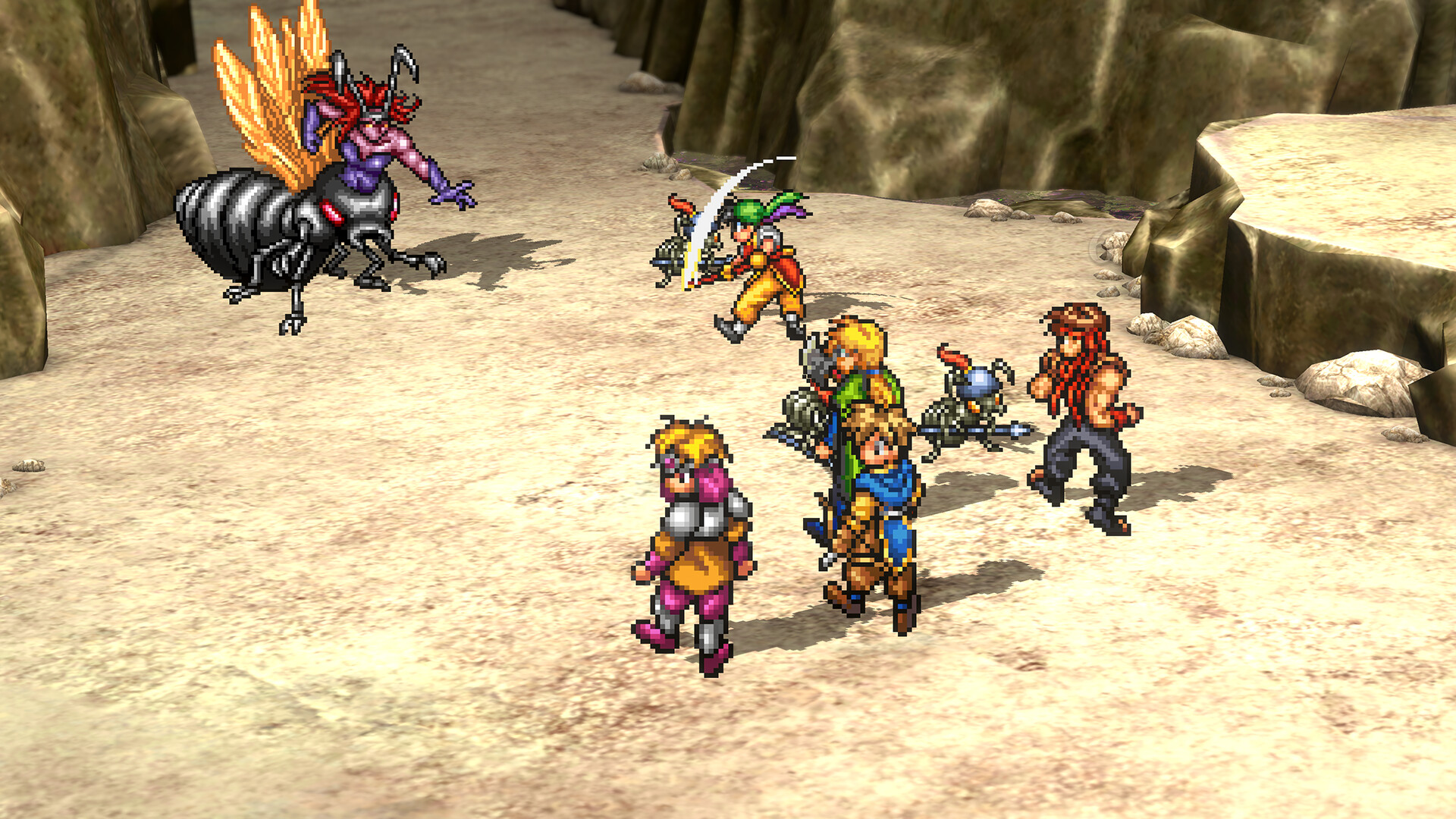
Some Japanese role-playing games discourage excessive leveling by decreasing the amount of experience points you earn when you become too powerful. While not as strict as in older games, this removes the enjoyment for players who like to endlessly grind for levels, as seen in games like Suikoden.
If you repeatedly defeat enemies in the same location, they’ll eventually start giving you much less experience, slowing down your progress. This system aims to create a fairer challenge without completely blocking advancement, but it does discourage spending excessive amounts of time battling in one spot.
In Suikoden, you can spend time leveling up all 100+ characters you recruit. Characters who are lower level will gain experience much faster – sometimes even multiple levels from a single, easy battle. The game encourages you to build a well-rounded army by leveling up everyone, rather than just relying on your strongest characters repeatedly.
3. Ogre Battle
Becoming A Chaotic Evil Emperor
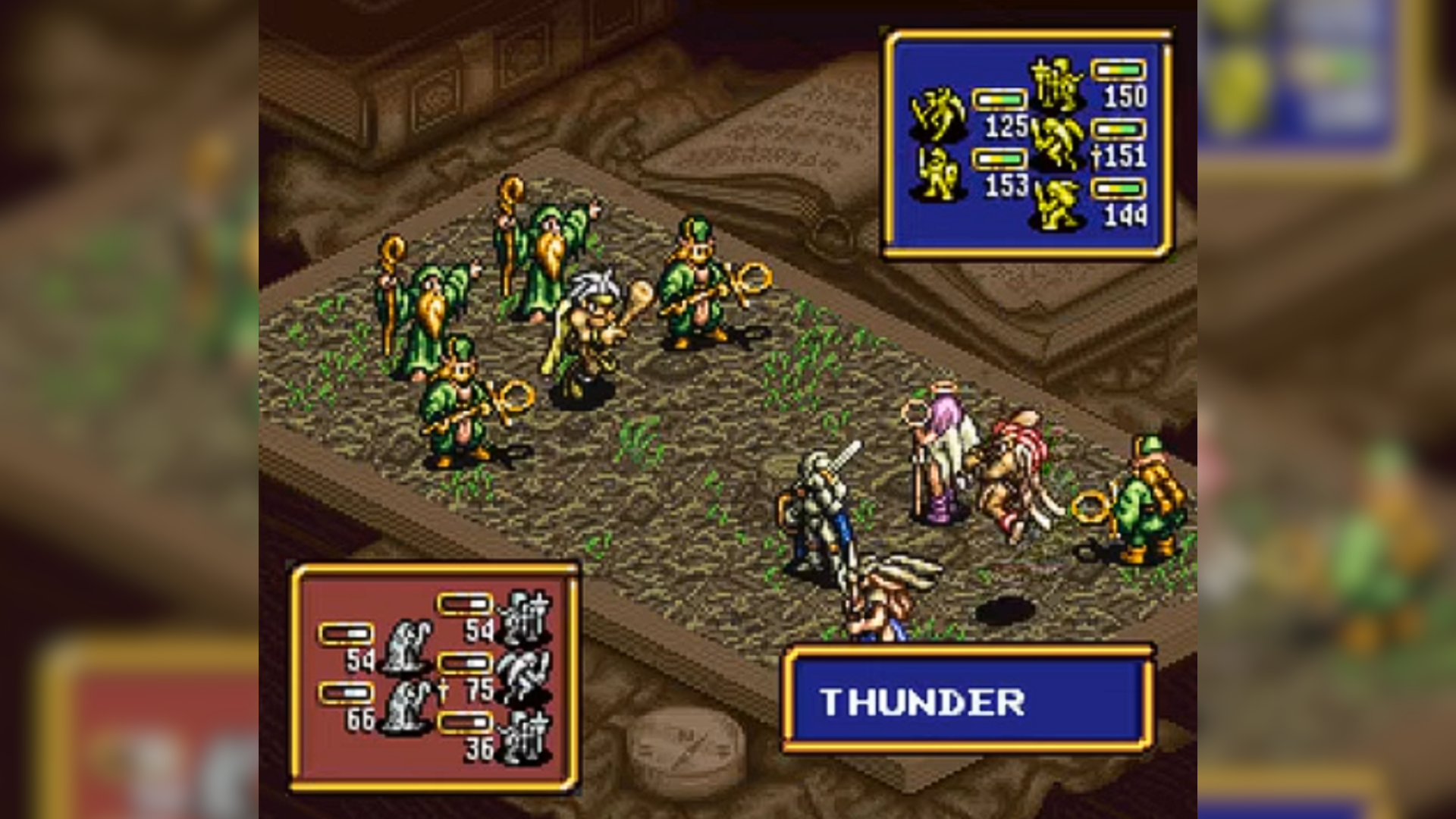
Despite being highly praised, Ogre Battle has a confusing gameplay element that many players dislike. However, some experienced players actually appreciate how this feature impacts the game’s alignment system.
In many games, characters have an alignment – whether they’re Lawful, Neutral, or Chaotic – that influences the story and how they develop. While this system seems interesting at first, it can be frustrating for players. Specifically, if your character easily defeats a much weaker enemy (one four or more levels lower), their alignment will actually decrease.
Okay, so I’ve learned the hard way that making choices as a Chaotic character can really mess things up. If I keep freeing towns while playing as someone Chaotic, people are going to start hating me, and it totally changes how the story unfolds. Honestly, even just grinding – you know, killing weak enemies for experience – can turn me into a full-blown tyrant before I even realize it. It’s a slippery slope, and if I’m not careful, I’ll end up with the worst possible ending. Seriously, watch out for that Chaotic path!
Read More
- LINK PREDICTION. LINK cryptocurrency
- My Favorite Coen Brothers Movie Is Probably Their Most Overlooked, And It’s The Only One That Has Won The Palme d’Or!
- Hell Let Loose: Vietnam Gameplay Trailer Released
- 3 Best Movies To Watch On Prime Video This Weekend (Dec 13-14)
- World of Warcraft Decor Treasure Hunt riddle answers & locations
- Will there be a Wicked 3? Wicked for Good stars have conflicting opinions
- First Glance: “Wake Up Dead Man: A Knives Out Mystery”
- Decoding Cause and Effect: AI Predicts Traffic with Human-Like Reasoning
- The 1 Scene That Haunts Game of Thrones 6 Years Later Isn’t What You Think
- Exclusive: First Look At PAW Patrol: The Dino Movie Toys
2025-11-18 22:43